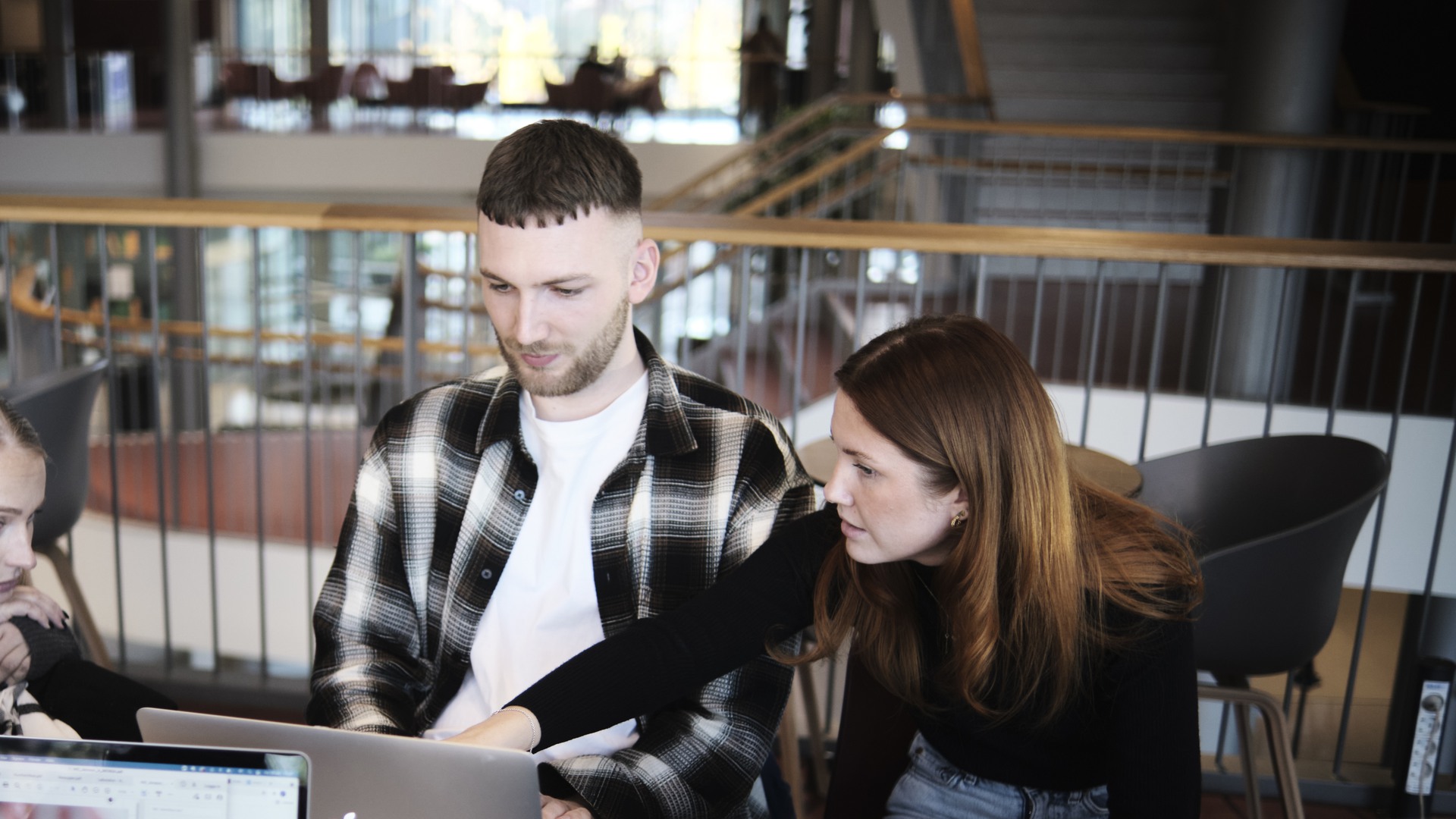Children's Best Interests in Theory and Practice
International students
International students
About the course
Course content
The aim of this course is for the students to independently acquire deepened knowledge of Human rights studies with a focus on children’s rights. The course aims to critically analyse the concept of Children’s best interests from a legal, philosophical, historical, sociological and political perspective. The course has as its starting point the societal processes that led to the development of the concept children’s best interest and the adaptation of the Convention on the Rights of the Child (CRC). These processes are then applied as a theoretical framework to gain in depth knowledge of contemporary issues that concern and affect children.
The course includes independent theoretically oriented literature studies of the concept of Children’s best interests. It also includes studies of reports and articles describing the situation for children in the contemporary world, linked to migration, education, participation, development and non-discrimination.
Entry requirements and selection
Entry requirements
Admission to the course requires a minimum of 60 approved credits with a certain progression in one of the following Major Subjects: European Studies, Human Rights, International Migration and Ethnic Relations, International Relations or Peace and Conflict Studies or similar.
Selection
University credits completed 100%
Course literature
Current literature list is available in the syllabus for the course
Course evaluation
Malmö University provides students who participate in, or who have completed a course, with the opportunity to express their opinions and describe their experiences of the course by completing a course evaluation administered by the University. The University will compile and summarise the results of course evaluations. The University will also inform participants of the results and any decisions relating to measures taken in response to the course evaluations. The results will be made available to the students (HF 1:14).

